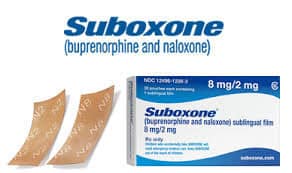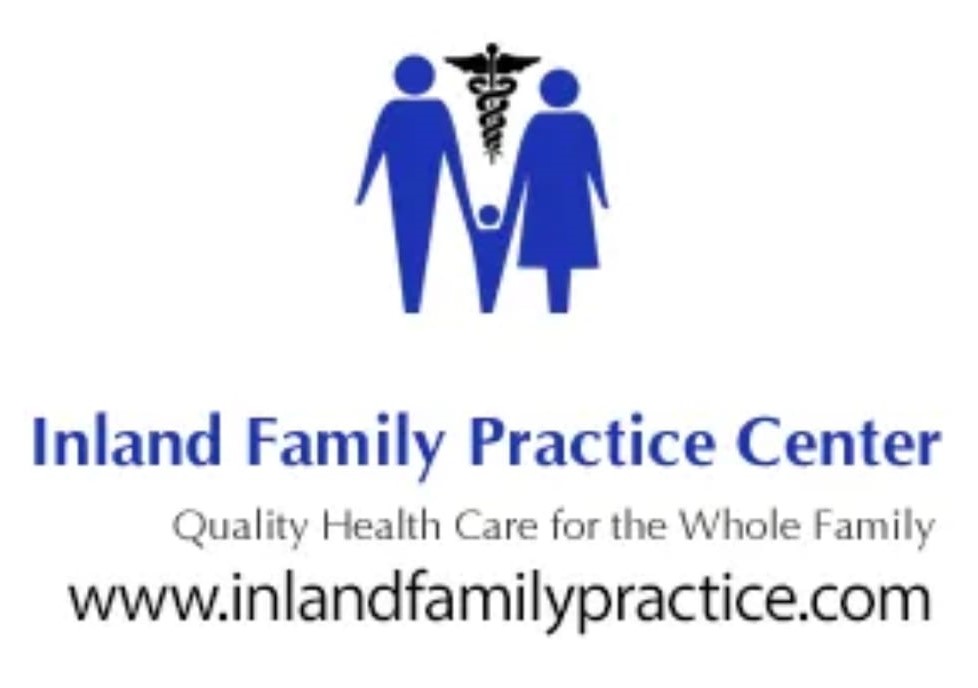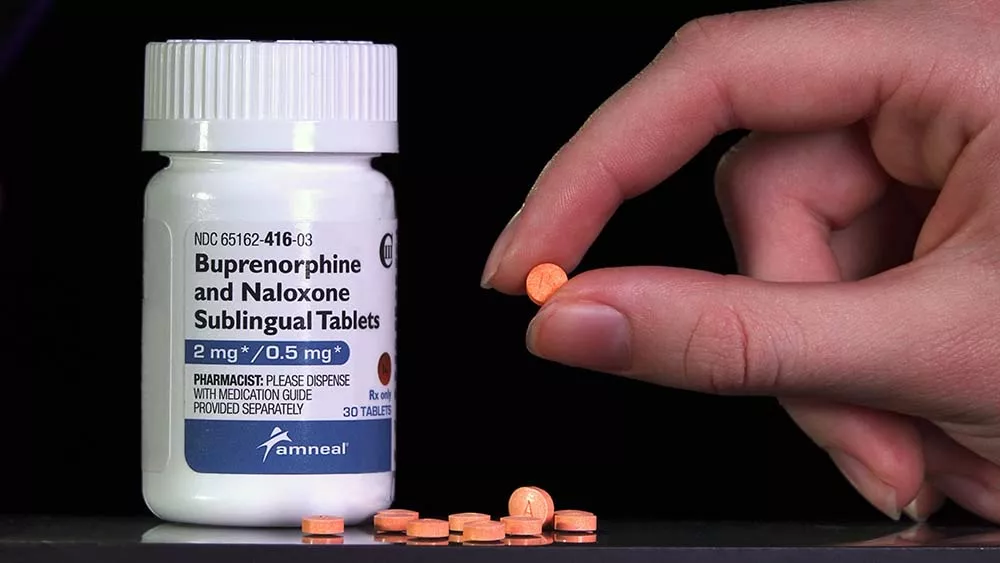Suboxone is the brand name for a prescription medication used in treating those addicted to opioids, illegal or prescription. It contains the ingredients buprenorphine and naloxone. Buprenorphine, a partial opioid agonist, blocks the opiate receptors and reduces a person’s urges. The second ingredient, naloxone, helps reverse the effects of opioids. Together, these drugs work to prevent withdrawal symptoms associated with an opioid addiction.
Suboxone has become the preferred treatment medication for opioid addiction. It is now used more than methadone, which can be habit-forming.
Unlike other opioid replacement medications that require a prescription from a specialized treatment center, Suboxone can be prescribed by your doctor. Many people use Suboxone at the start of treatment, as well as in continuing treatment and recovery. Your doctor or addiction counselor can help you come up with a personalized treatment plan.
While it can help you manage the symptoms of withdrawal that come from quitting opioids, it’s important to find a comprehensive treatment program. Counseling and therapy can help you target your underlying reason for opioid use, and find new ways to cope with pain and stress.
Uses of Suboxone:
Your doctor may prescribe Suboxone for dependence on short-acting opioids including heroin and prescription painkillers. It is typically not recommended for long-acting opioids. Instead, many people use a buprenorphine-only medication.
The first phase of Suboxone use is the withdrawal phase, where symptoms are most uncomfortable and potentially dangerous. Suboxone helps alleviate and potentially eliminate opioid withdrawal symptoms. Under the supervision of your doctor, you will move from the withdrawal phase to the maintenance phase. Once treatment has been completed, your doctor may begin reducing your doses until you no longer need the medication.
How Does Suboxone Help Addiction Treatment?
Suboxone can be used during different stages of treatment and offers a long-term solution for managing an opioid addiction. When included as part of a comprehensive recovery plan, the medication eliminates opioid cravings altogether.
Since it is a depressant, it slows you down rather than speeding you up like a stimulant. Those who take the medication may experience:
- Pain relief
- Calmness and overall well-being
- Perceived fewer worries and reduced stress levels
- Relaxation
How is Suboxone Administered?
Only a doctor can write scripts for Suboxone. Be sure to follow your doctor’s specific directions during each dose. Medication can be administered through the Suboxone Film or a tablet form.
As time moves on, your doctor may change the dose to help wean you off medications altogether.
Get the best results with Suboxone by using it as part of a comprehensive recovery program.
Relying on Suboxone alone can’t treat your addiction. Instead, use it to complement a complete treatment method that may involve inpatient or outpatient treatment, support groups and counseling. Get in touch with us today to schedule an appointment!
Side Effects of Suboxone, per WebMD
Although used to help manage opiate abuse, it’s important to know Suboxone can lead to dependence. Those most likely to develop a dependence on the medication include:
- Individuals with a current or previous problem abusing narcotics
- Those unaware of the potentially dangerous side effects
- Users addicted to heroin, looking to avoid any withdrawal
Additionally, you should not discontinue taking medication without talking to your doctor first. Stopping treatment immediately can cause adverse effects and potentially lead to symptoms of opioid withdrawal, such as:
- Joint, muscle pain, Irritability, Dilated pupils, Insomnia, Feeling jittery, Diarrhea
Contact your healthcare provider if you experience any negative side effects that may be associated with Suboxone. Some of the symptoms caused by Suboxone can include:
- Flu-like symptoms: Vomiting, Sweating, Stomach pain, Low energy, Headache
Where is Suboxone Available?
You must have a prescription from an approved prescribing physician. The medication should not be taken for any other conditions outside of what it is prescribed for. Due to the nature of its active ingredients, you will be required to frequently check in with your doctor on the status of your treatment.
Medication Assisted Treatment Program:
A Suboxone Clinic is a great place to start for adults struggling with addiction. Inland Family Practice Center is a Medication Assisted Treatment clinic that offers medications that are useful in treating opioid addiction. Unlike Methadone Clinics, Inland Family Practice Center starts with weekly appointments instead of daily appointments.

Suboxone Clinic Near Me That Accepts Insurance
The 4 Best Ways To Search “Suboxone Doctors Near Me”
“Suboxone Clinic Near Me” – How To Find The Best Suboxone Clinic
How Suboxone Treatment Is Helping Solve The Opioid Epidemic

